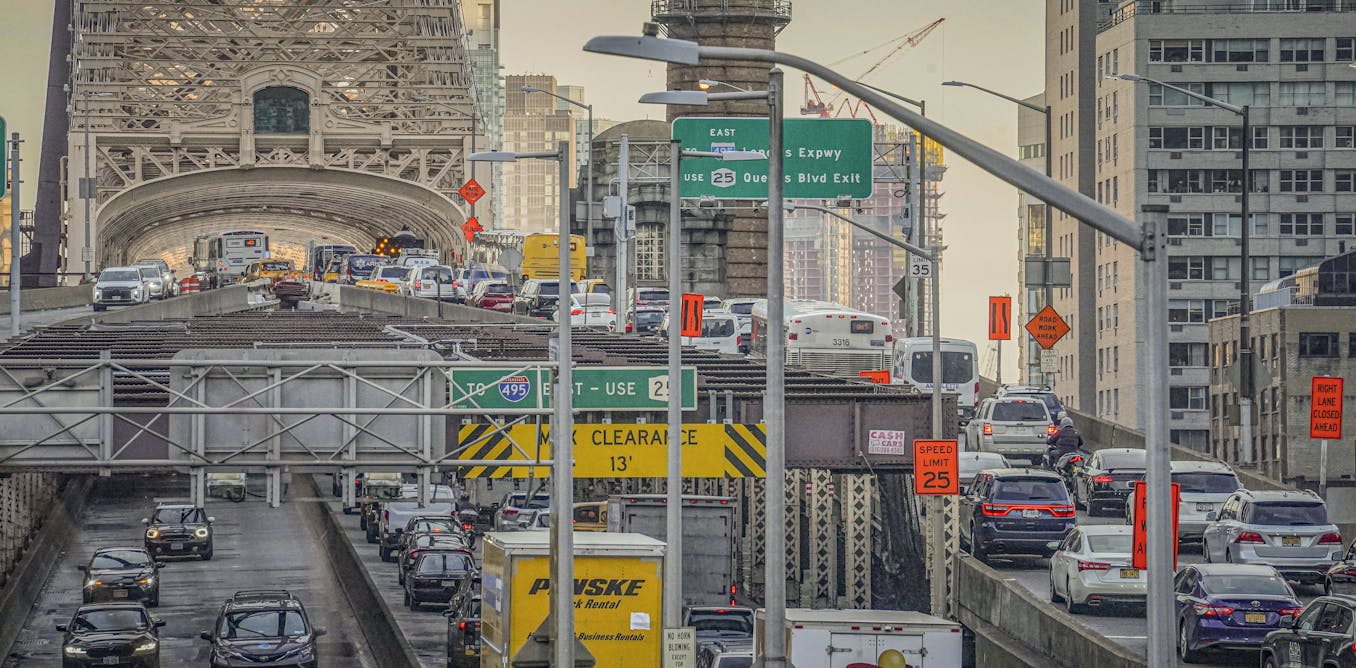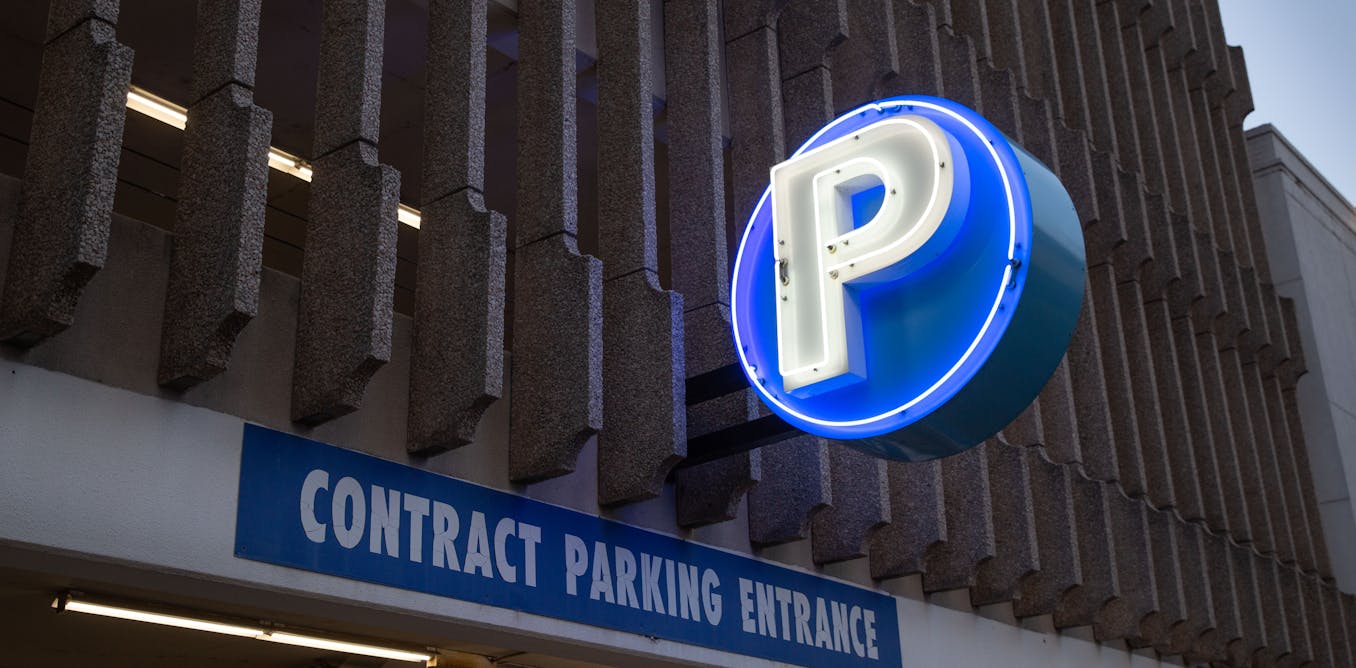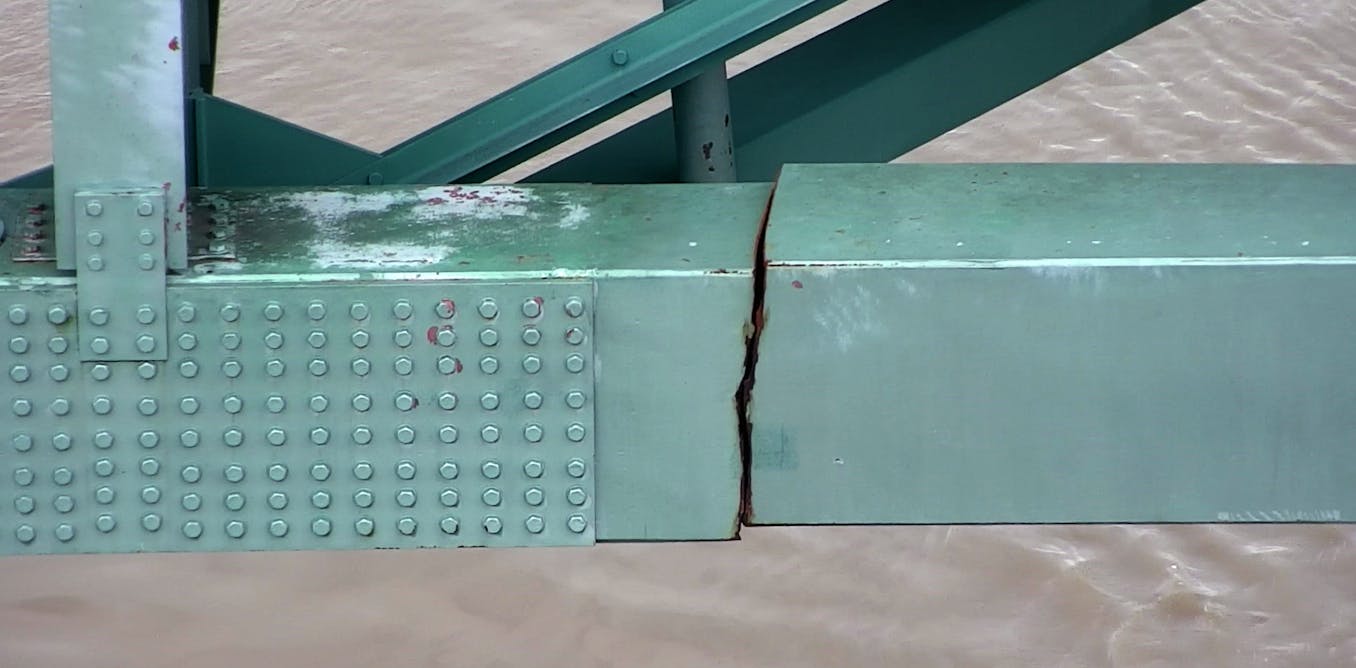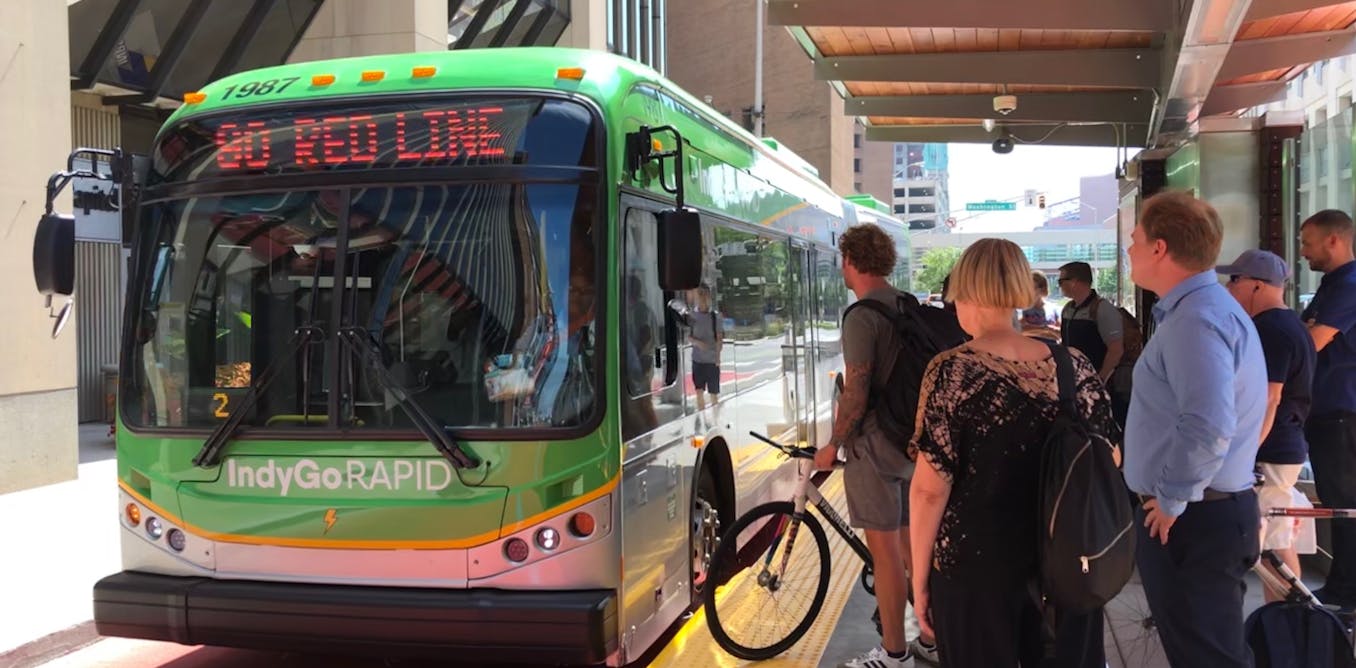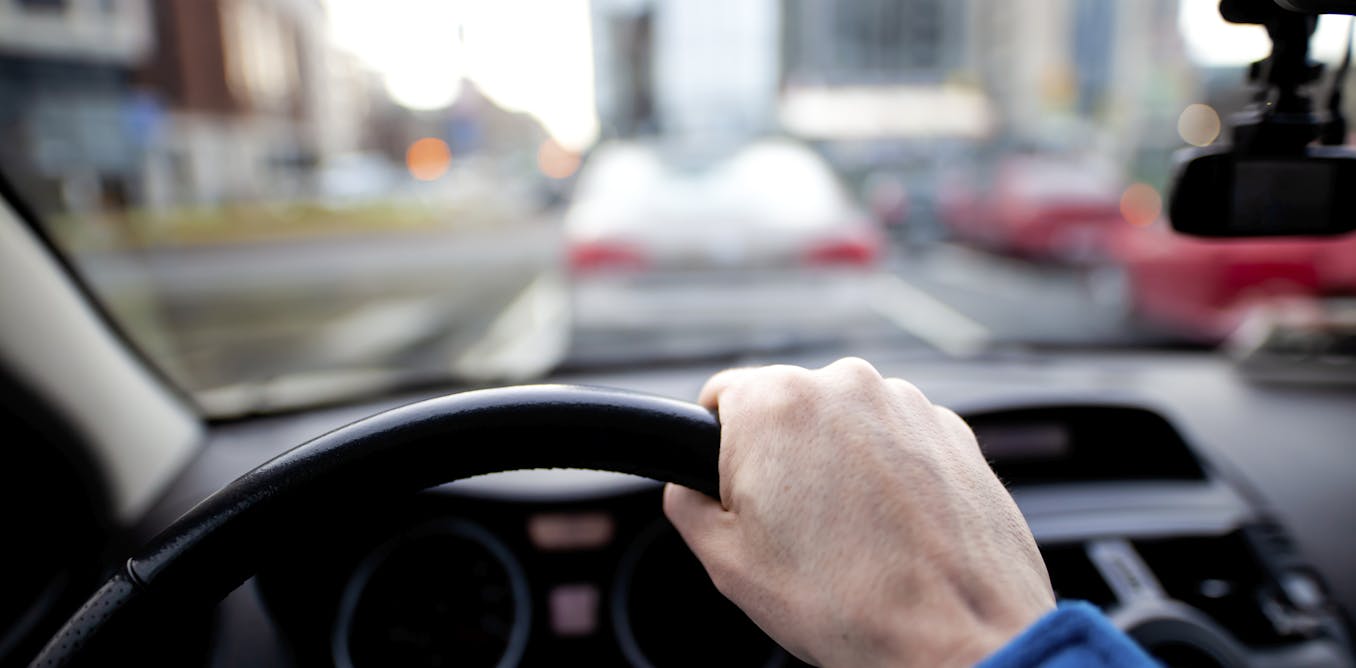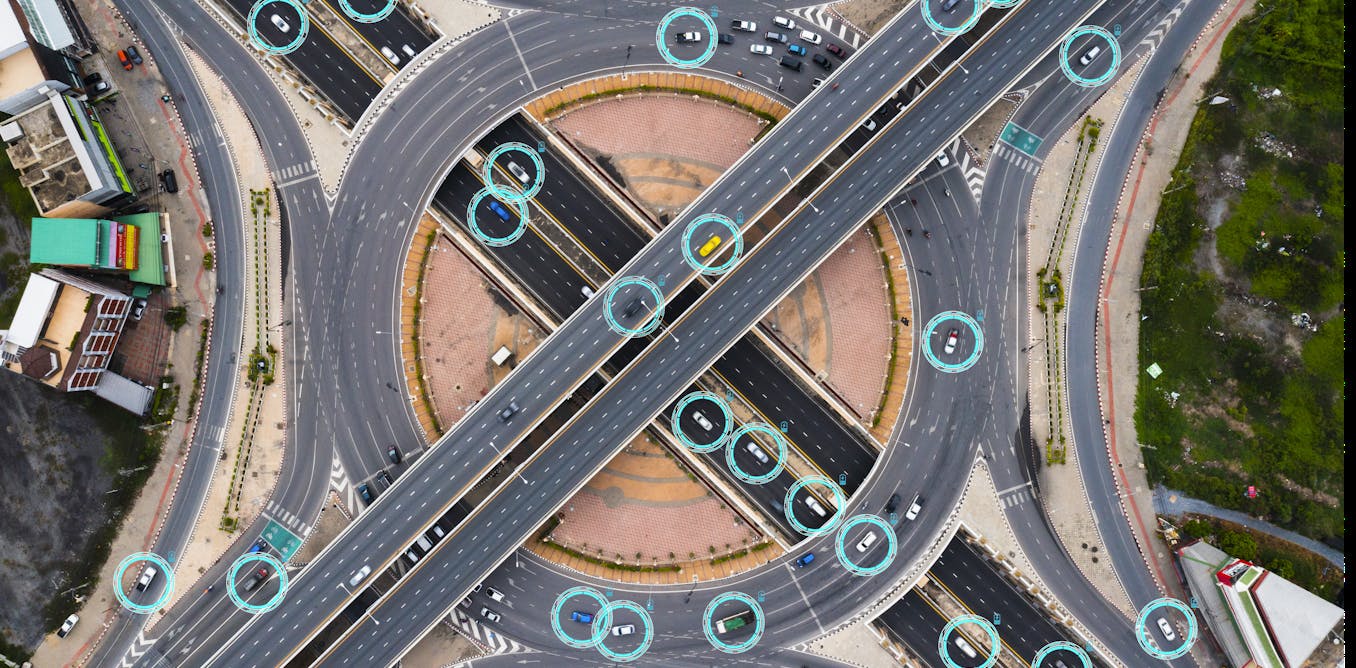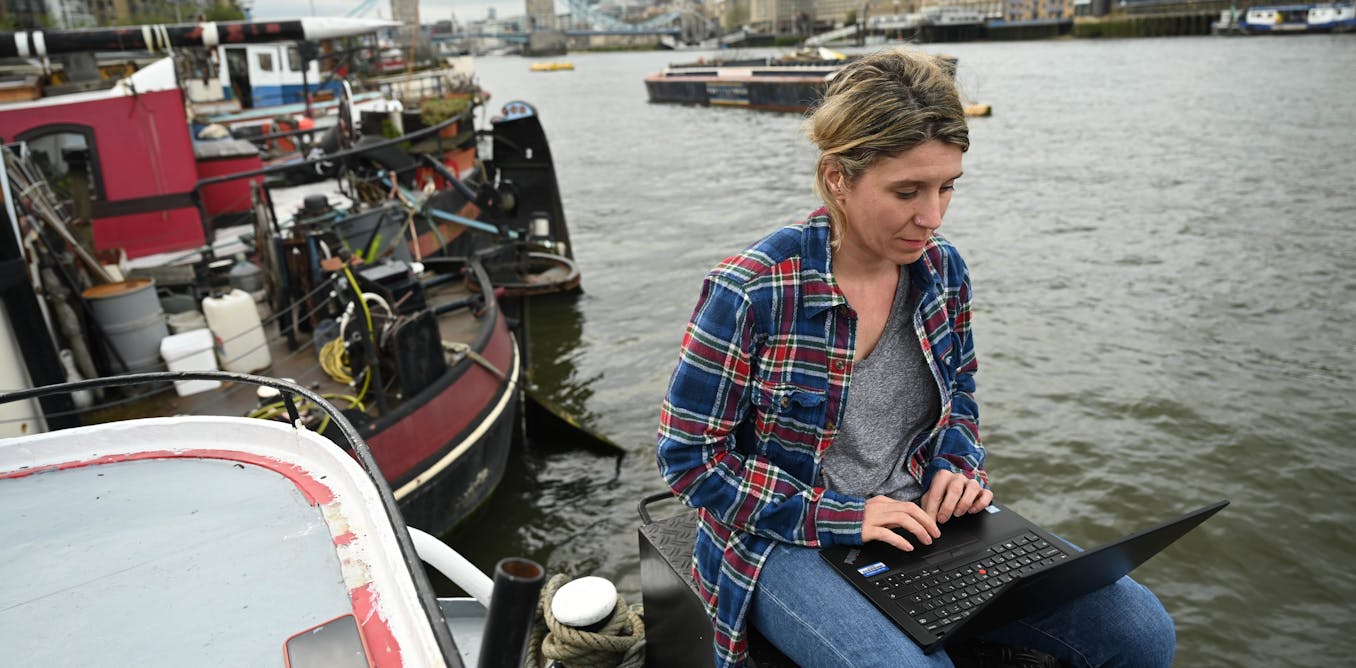New York City greenlights congestion pricing – here’s how this toll plan is expected to improve traffic, air quality and public transit
One more reason not to drive into midtown Manhattan: Soon it will cost an extra $15 as New York City launches its long-debated congestion pricing system.
April 10, 2024 • ~9 min

